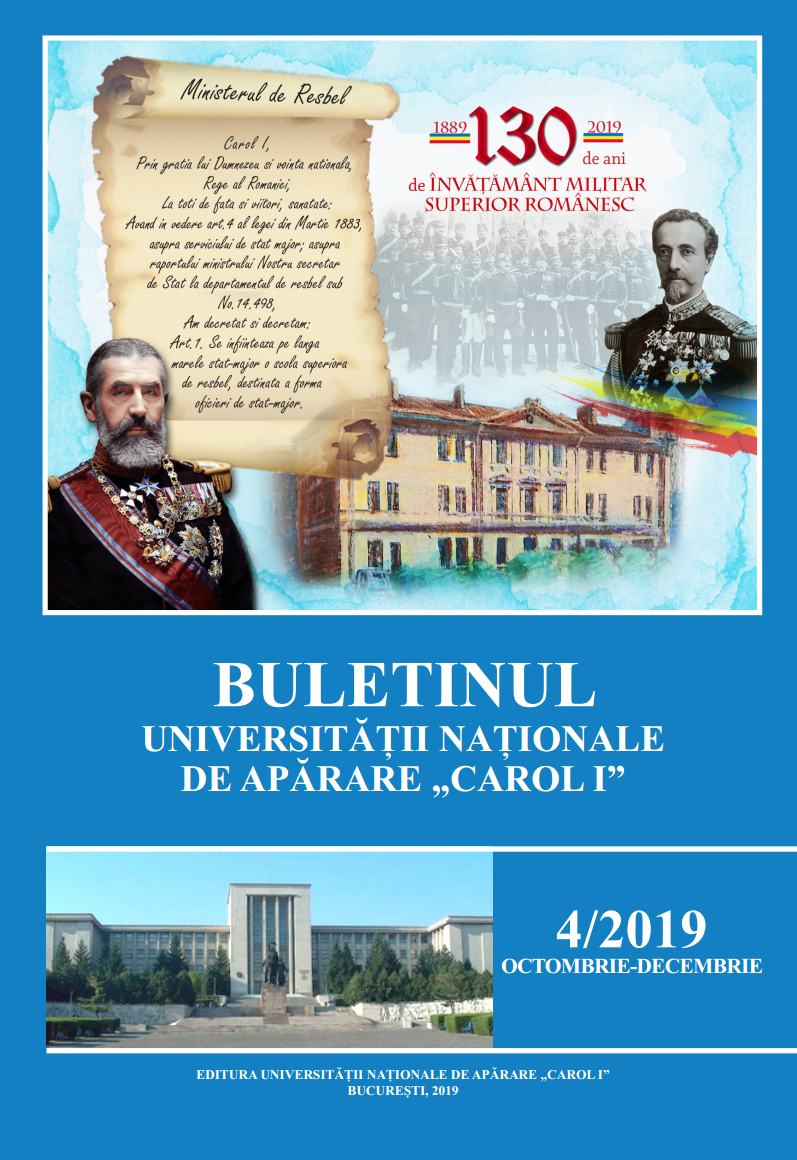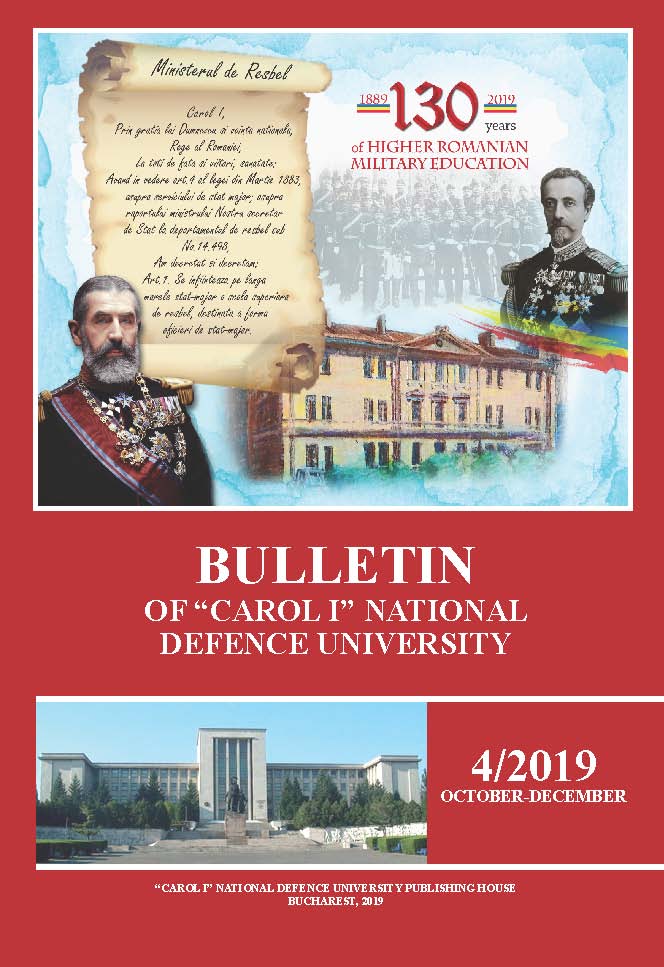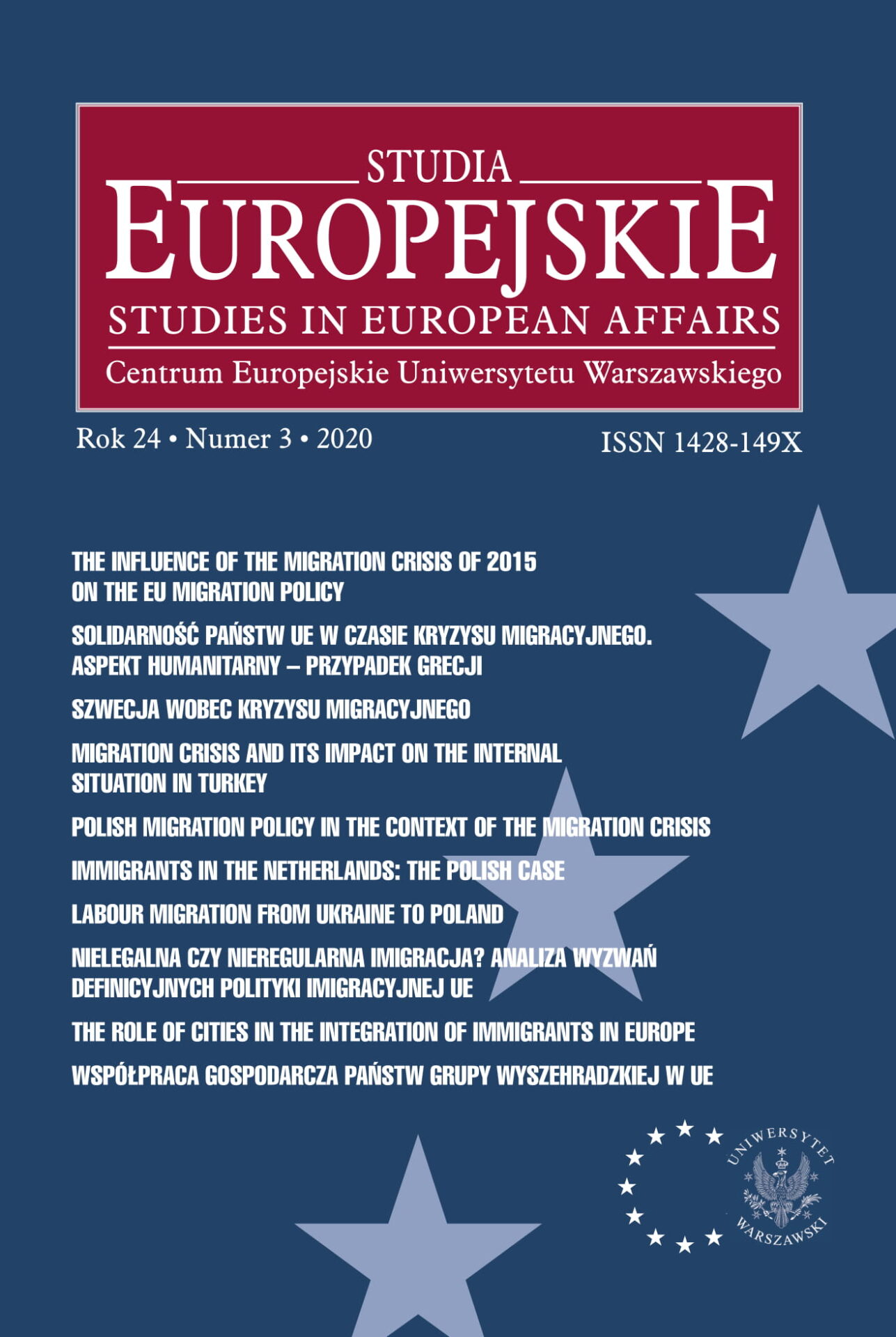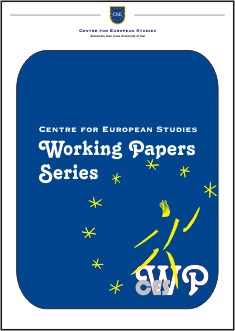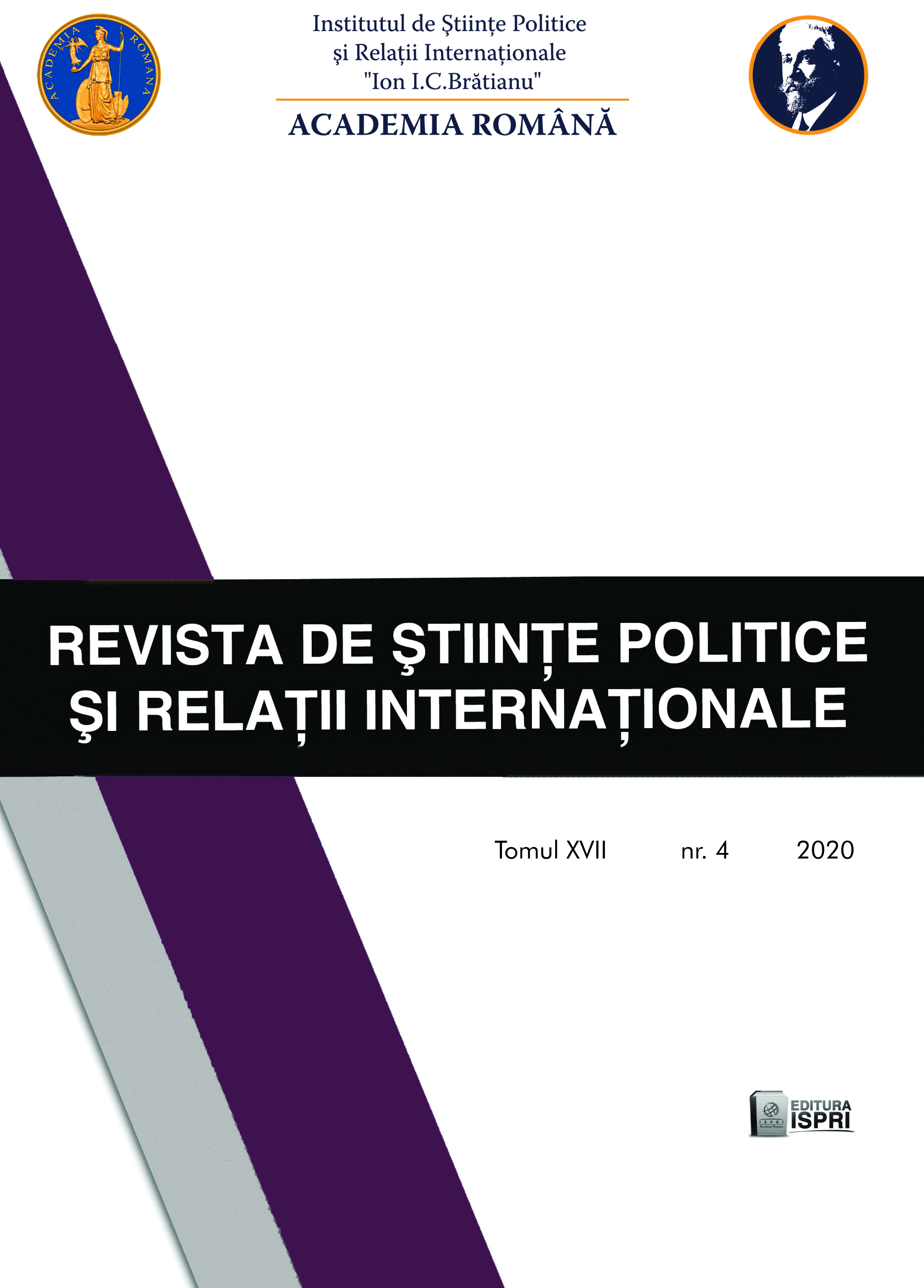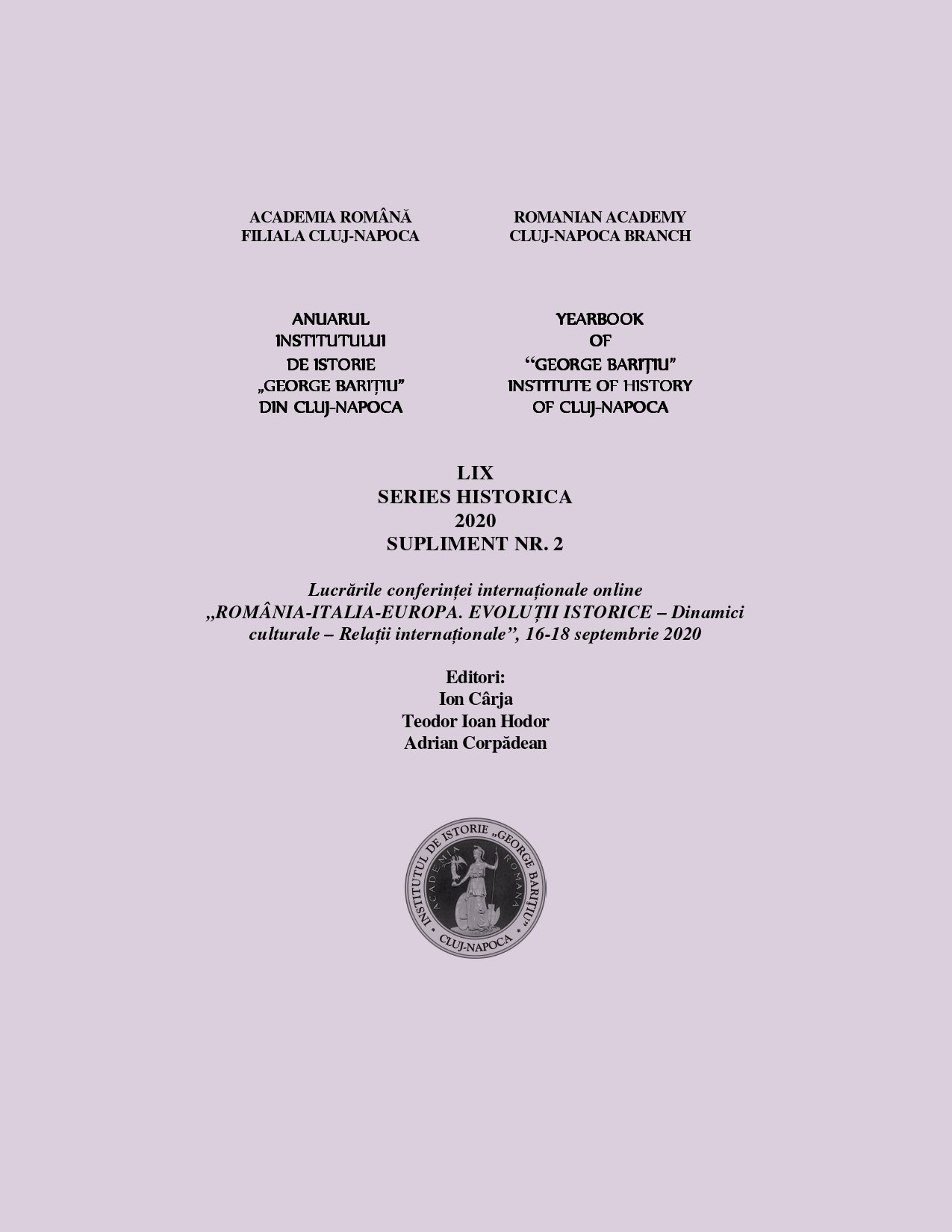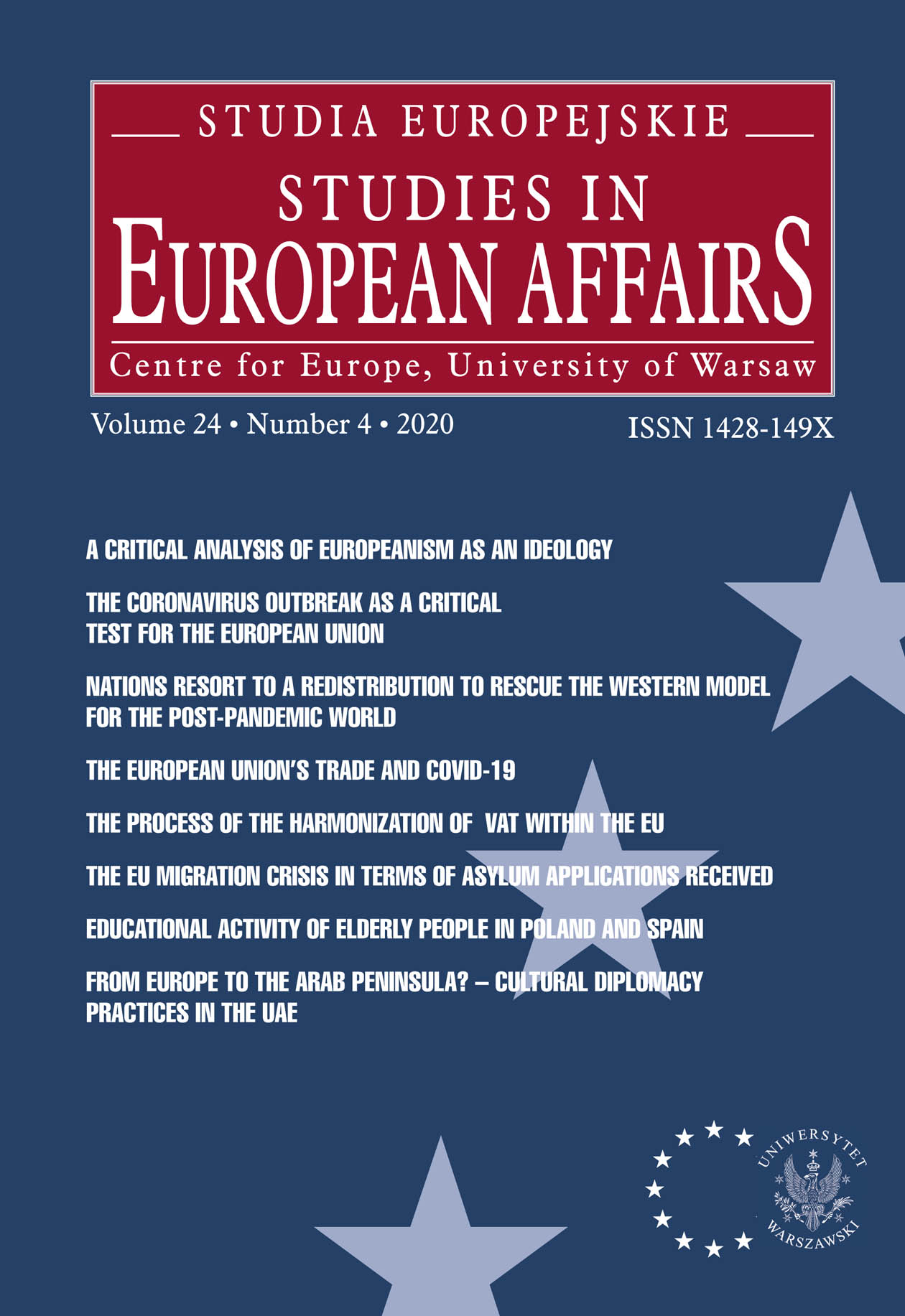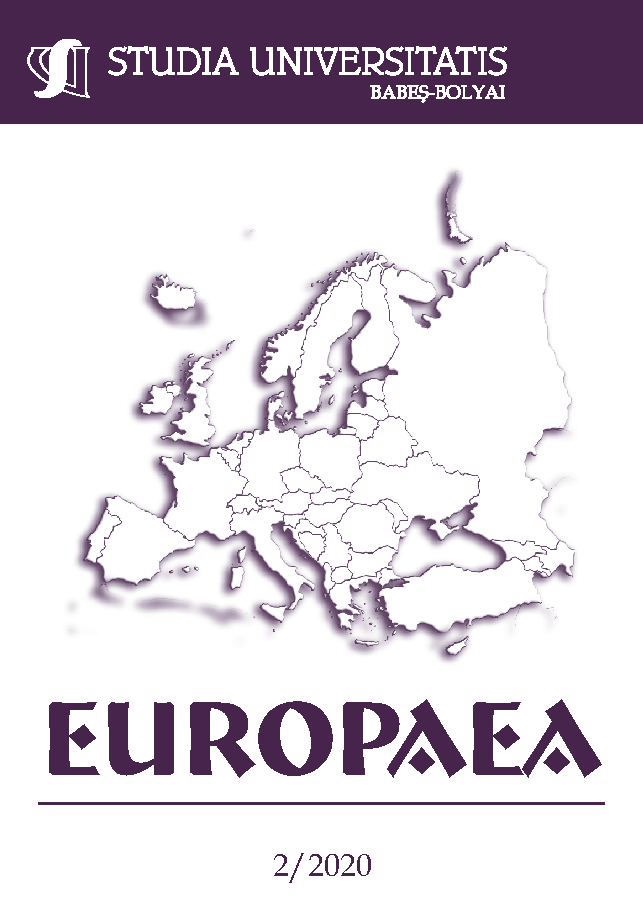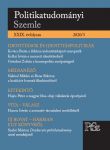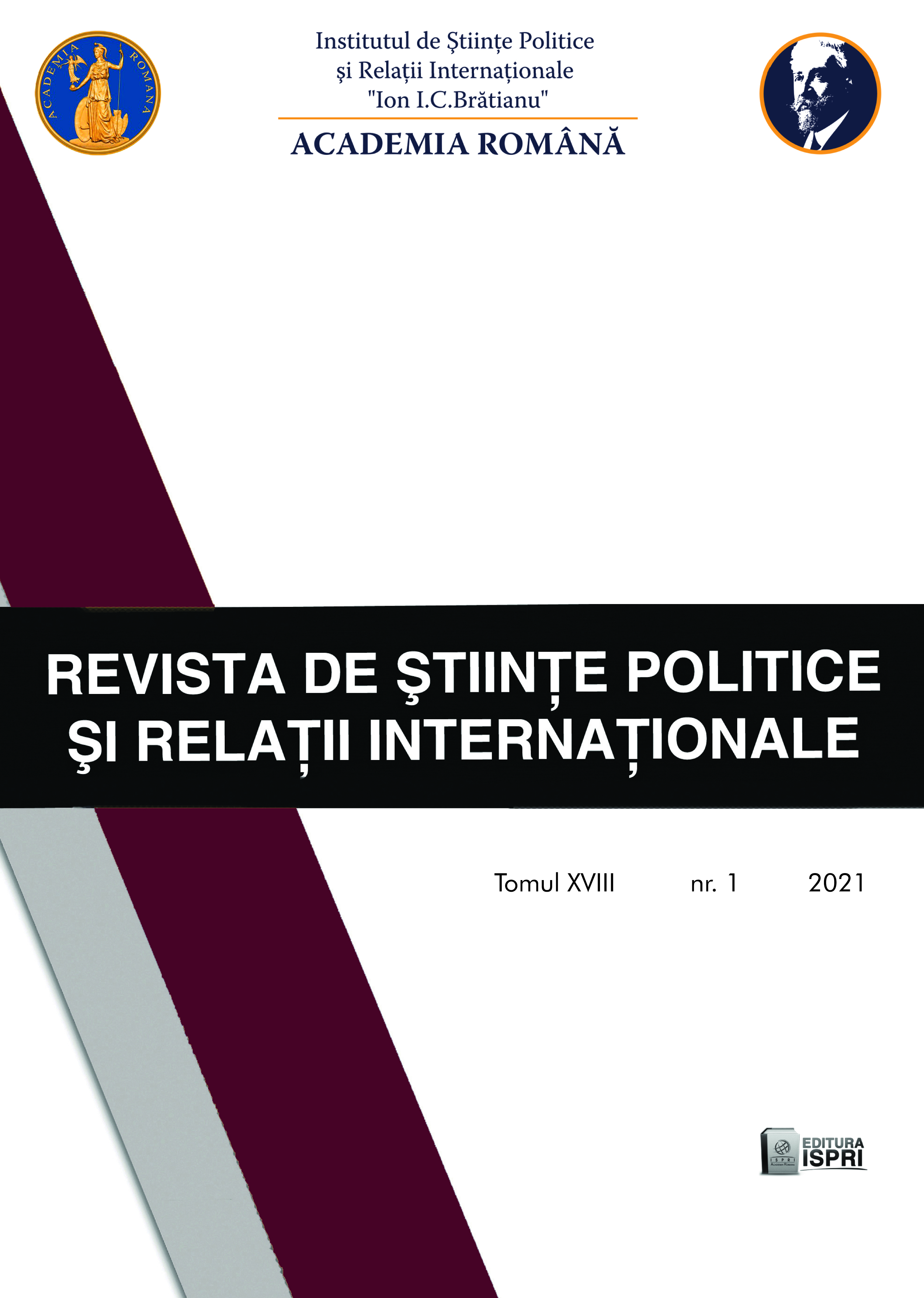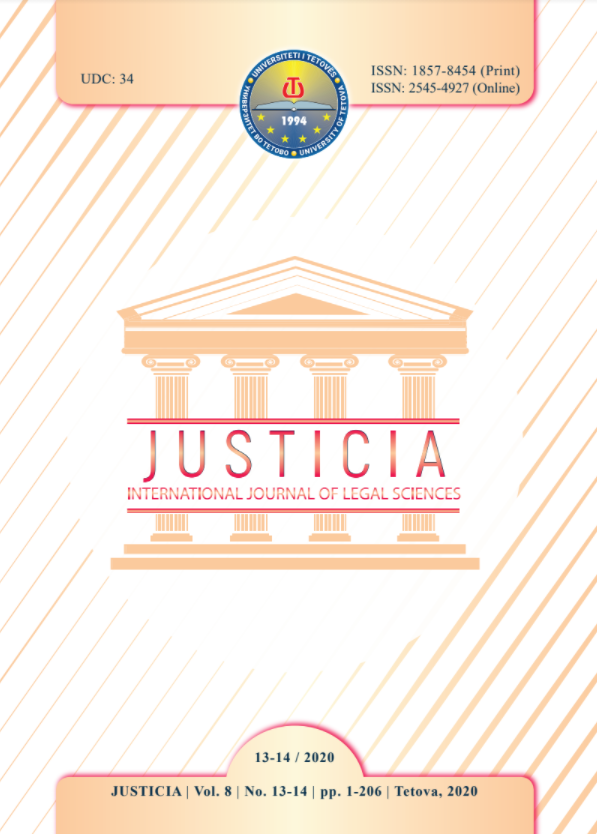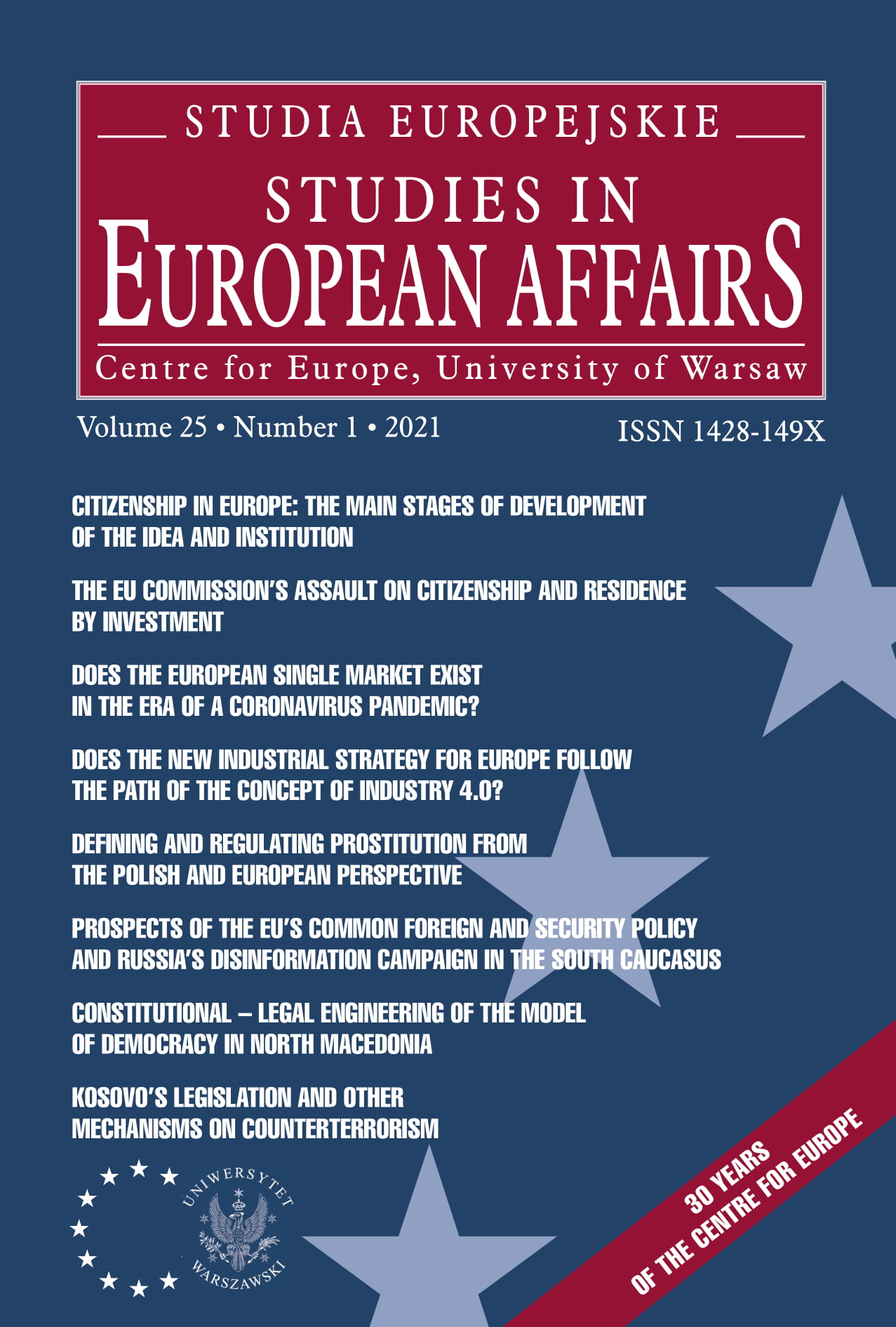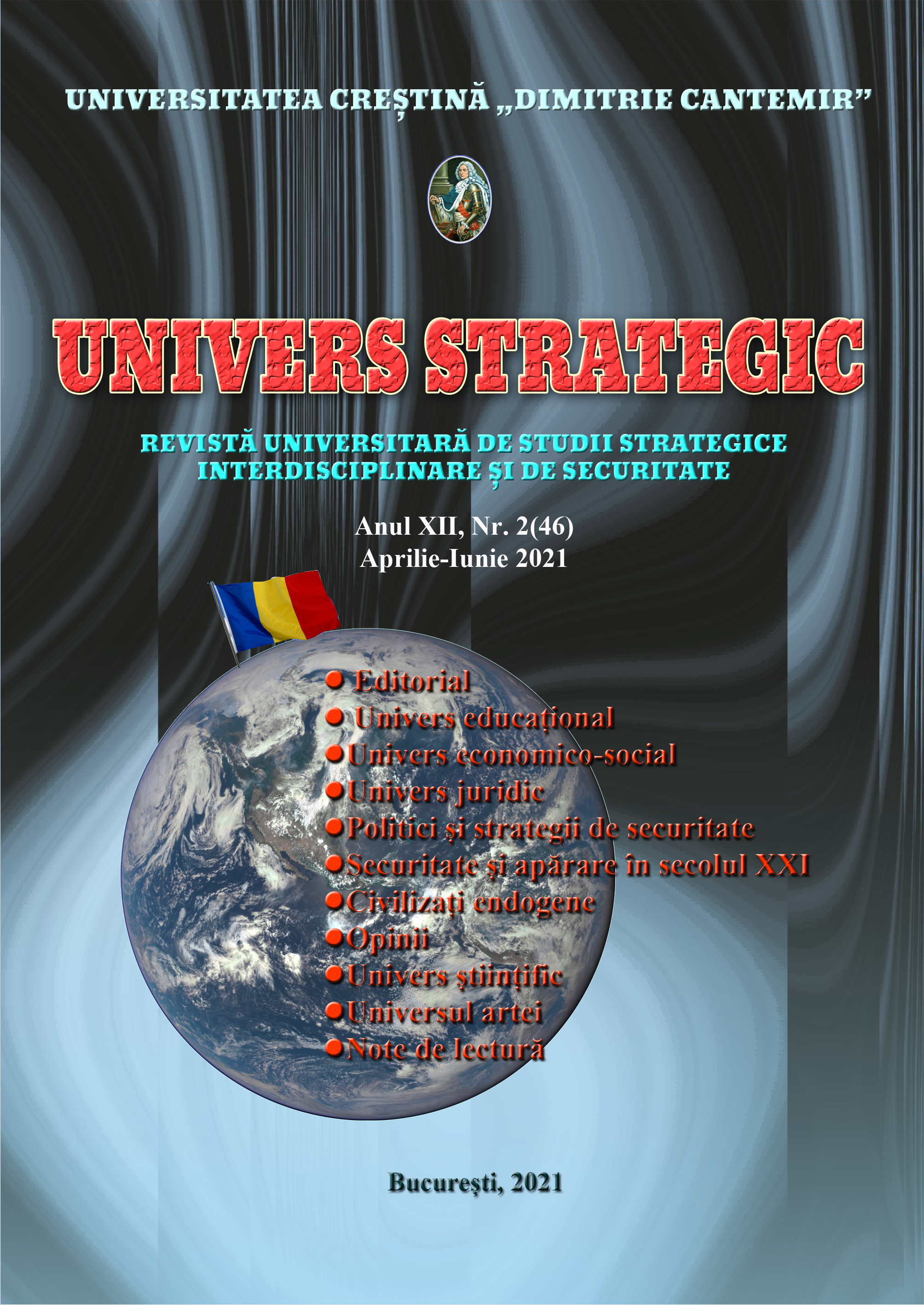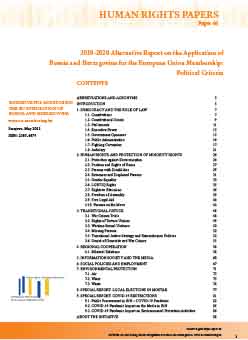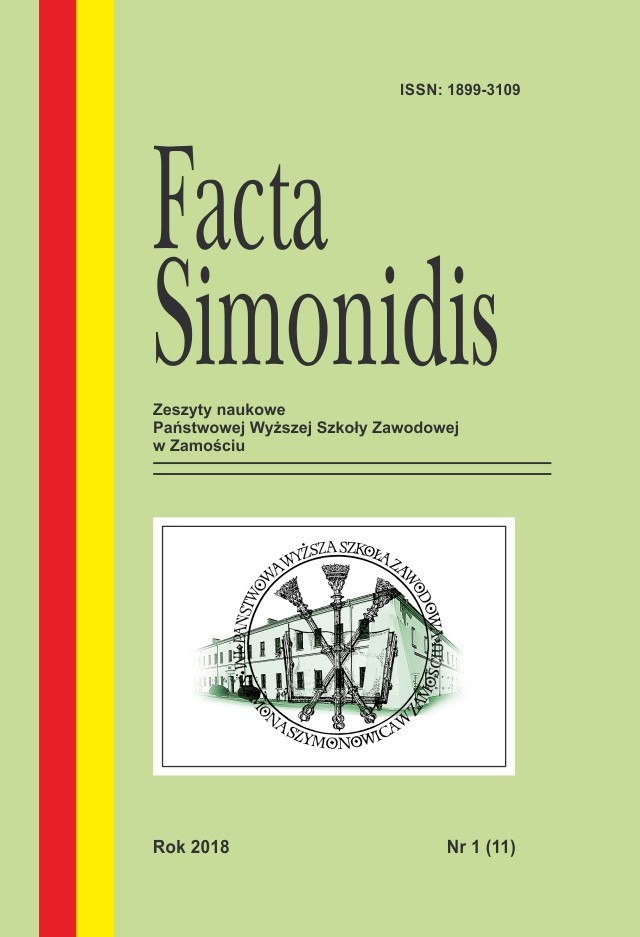
The economic security of Polish consumers in the context of European Union membership
The Article is based on an analysis of the acts of EU Community law, national law and subject literature. It aims at presenting the economic security of Polish consumers within the context of European Union membership. The main purpose of the article is to show how EU membership influences the economic security of Polish consumers. It is assumed that there were two factors that affected this issue: firstly, the change of socio-economic system after the 1989 and the introduction of open market economy; and secondly in 1991 the process of the amendment of Polish legislation in the area of consumer protection to meet European standards, which culminated in accession to the European Union in 2004. Selected acts of EU and national law in the field of consumer safety have been chosen and named in the publication. The article presents the analysis of selected elements of the legal protection of Polish consumers in the light of accession to the European Union. Furthermore, the article shows the improvement in economic security of Polish consumers involved in cross-border shopping after accession to the European Union. It also mentions the tightening of legislation pertaining to unfair contract terms and improvements connected with it.
More...
